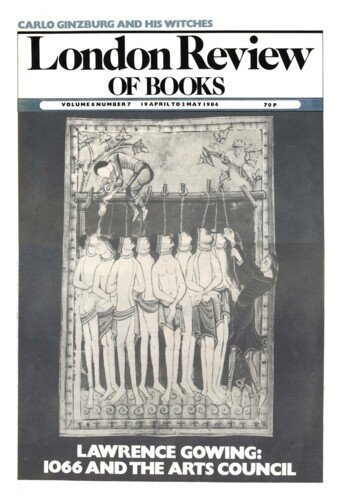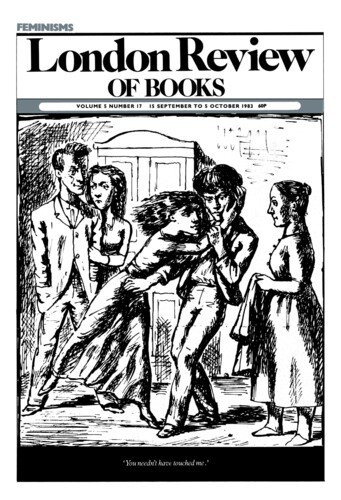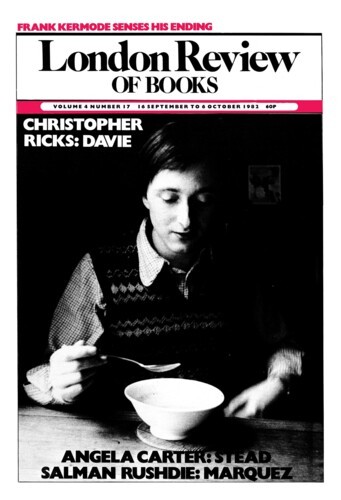Economic Performance
Sydney Checkland, 19 April 1984
Thirty years ago or less, students of Britain’s economic performance were offered as their centrepiece question one that was highly flattering to their own country: how did Britain achieve the miracle of the Industrial Revolution and provide the world with leadership and a deeply-envied model. Even in the Fifties and Sixties there continued to be a veiled self-satisfaction in economic history courses. Today the self-congratulation has gone. The question that has dramatised and well-nigh traumatised our approach over the past decade is the negative one: how have we come undone?



